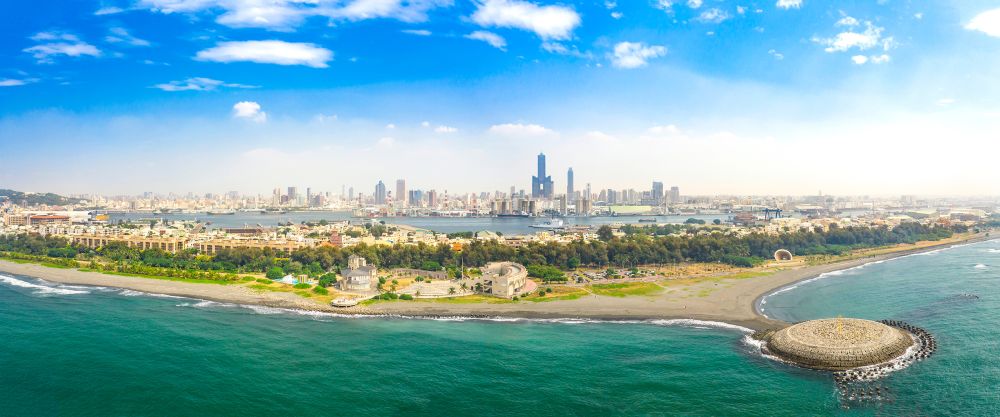

Pingtung, located at the southern tip of Taiwan, has a rich history that intertwines with the evolution of its tourism industry. The area is known for its diverse cultures, including indigenous communities, Hakka, and Han Chinese influences. The warmth of its residents, coupled with its natural beauty and cultural heritage, has made Pingtung an increasingly popular destination for tourists over the years.
Tourism in Pingtung began to develop in the early 20th century as people started to recognize the area's scenic beauty and cultural significance. The region's popularity grew with the establishment of the South Link Railway line in 1991, which made the area more accessible to both domestic and international travelers.
In the 1980s, the establishment of the Kenting National Park—Taiwan’s first national park—marked a significant milestone in Pingtung's tourism history. With its biodiverse coral reefs, tropical climate, and picturesque beaches, Kenting became a magnet for nature enthusiasts and beachgoers from all over the world. The government of Taiwan began investing in infrastructure and conservation programs, recognizing the importance of sustainable tourism.
Beyond its natural landscapes, Pingtung is also home to rich cultural practices and festivals. The revival of indigenous cultures and traditions has played a central role in recent years. Events like the Pingtung Ocean Festival and the integration of local indigenous culture into tourism offerings have attracted visitors who are interested in experiencing unique cultural heritage.
In recent years, eco-tourism and experiential travel have become popular trends in Pingtung. Tourists are looking for responsible ways to enjoy the area's natural resources while preserving its environment. The promotion of agro-tourism, involving visits to farms and orchards for fruit-picking and agricultural learning experiences, is drawing attention to the rural charm of Pingtung.
Another trend is the rise of homestay accommodations, allowing visitors to live with local families and gain insight into the everyday life and customs of the region's residents. These homestays offer an authentic experience and are a testament to the warm hospitality of the people of Pingtung.
The increase in tourism has not come without challenges. There's a need to balance economic benefits with environmental conservation. In response, Pingtung is working towards offering more sustainable tourism options, recognizing that preserving their natural and cultural assets is crucial for the long-term health of the tourism industry.
Looking towards the future, Pingtung aims to continue growing its tourism sector by promoting responsible travel and highlighting its cultural and natural heritage. Efforts to implement smart tourism technologies, improve transportation networks, and provide multicultural and eco-friendly tourist experiences are part of the strategic plan to adapt to changing tourist behaviors and preferences.
With ongoing initiatives ensuring the synergy between community, culture, and conservation, the story of Pingtung's tourism is poised to evolve in exciting ways, ensuring that visitors can enjoy all that this vibrant region has to offer for many years to come.